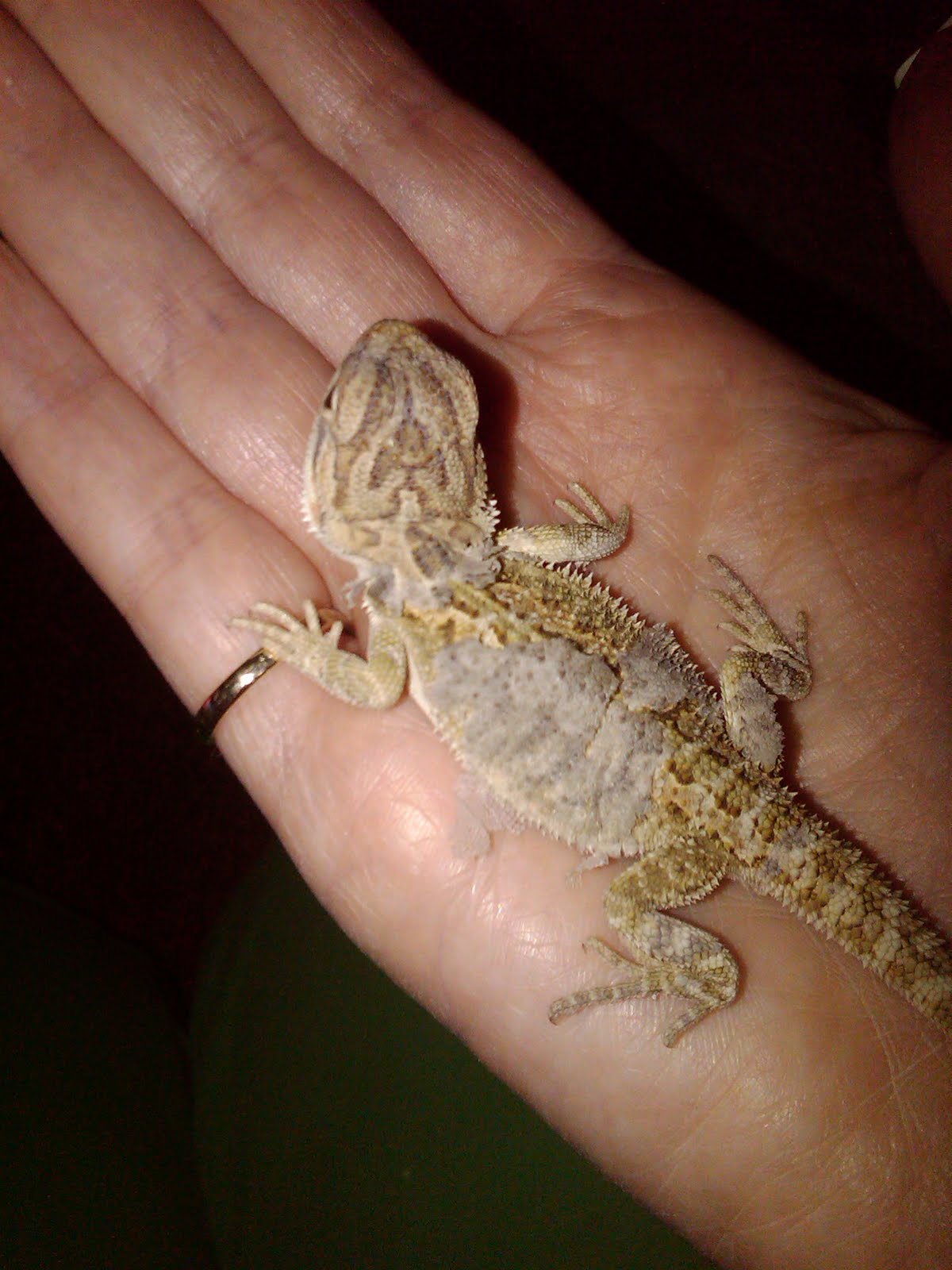Your Guide to Blood in Bearded Dragon Poop: Causes, Treatments, and More
Introduction
As a new bearded dragon owner, it’s important to be aware of what’s normal and what’s not when it comes to your pet’s poop. Seeing blood in your bearded dragon’s poop can be alarming, but it’s not always a cause for panic. In this guide, we’ll explore some of the reasons why your bearded dragon might have blood in their poop, how to treat it, and when to seek veterinary care.
What Does Normal Bearded Dragon Poop Look Like?
Before we dive into the topic of blood in bearded dragon poop, let’s talk a little bit about what normal bearded dragon poop looks like. Understanding what is normal is important so that you can quickly identify any changes or abnormalities.
Generally, healthy bearded dragon poop should be solid and brown, similar in consistency to human poop, and free of any undigested food. You should expect to see poop about once every day or two, and it should be relatively odorless. If your bearded dragon is experiencing diarrhea or constipation, this can be a sign of an underlying health issue.
What Causes Blood in Bearded Dragon Poop?
Now that we know what normal bearded dragon poop looks like, let’s explore some of the reasons why your bearded dragon might have blood in their poop. The following are some of the most common causes of blood in bearded dragon poop:
1. Parasites
Bearded dragons can be susceptible to a variety of parasites, including worms and protozoa. When your bearded dragon has an infestation of parasites, it can cause inflammation and bleeding in the intestines.

2. Diet
Bearded dragons have a delicate digestive system, and the wrong diet can cause a variety of health problems. For example, if you are feeding your bearded dragon too much protein or not enough fiber, this can cause inflammation and bleeding in the intestines.

3. Injury
Injury to the digestive tract can cause bleeding in bearded dragon poop. For example, if your bearded dragon ate something sharp or was accidentally dropped, this can cause internal injuries that result in blood in the stool.

How to Treat Blood in Bearded Dragon Poop
If you notice blood in your bearded dragon’s poop, the first thing to do is to monitor their behavior and poop for any changes. Try to identify the cause of the bleeding and remove any potential dietary triggers. In most cases, a change in diet or environment can help to alleviate the problem.
However, if you suspect that your bearded dragon may have an underlying health issue, such as parasites or an injury, it’s important to seek veterinary care. Your veterinarian can help to diagnose the cause of the bleeding and provide appropriate treatment.
Preventing Blood in Bearded Dragon Poop
The best way to prevent blood in your bearded dragon’s poop is to provide them with a healthy diet and environment. Here are some tips for keeping your bearded dragon healthy:
- Feed your bearded dragon a balanced diet that includes plenty of fiber and calcium
- Provide a clean and comfortable enclosure
- Avoid feeding your bearded dragon insects that are too large or too hard to digest
- Monitor your bearded dragon’s behavior and poop for any changes
- Regularly clean your bearded dragon’s enclosure to prevent the buildup of harmful bacteria
Conclusion
Blood in bearded dragon poop can be concerning, but it’s not always a sign of a serious health problem. By understanding the possible causes of bleeding and taking preventive measures, you can help to keep your bearded dragon healthy and happy. Remember to monitor your bearded dragon’s behavior and poop, and seek veterinary care if necessary.
